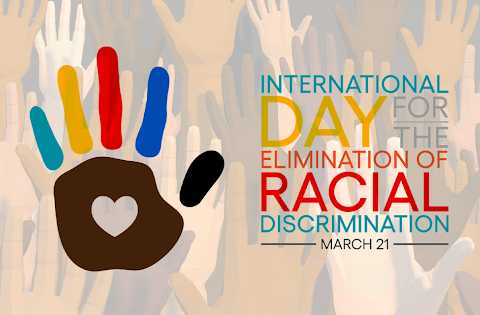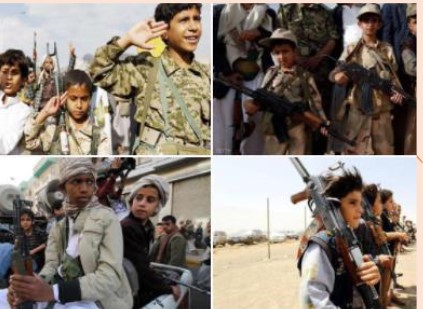Press Release
The Research and Studies Unit of the Egyptian Coalition for Human Rights & Development issued a report on Wednesday titled “Deliberate Starvation of in Conflicts”
The report drew attention to the fact that armed conflicts were the main drivers of hunger and malnutrition, and that countries in poor food security and nutrition conditions were those suffering from conflicts and wars.
The report stressed that the increase in the number of people at risk of famine in recent years is due to two reasons; the first being the increase in armed conflicts that need political solutions around the world, and the second is the impact of climate change.
The report discussed a number of topics, the most important of which were:
- Armed conflicts as one of the main causes of the world’s hunger emergencies:
According to the report, one of the main causes of hunger around the world in countries is armed conflict, and that the impact of armed conflict is not only on conflict zones, but also on neighbouring countries due to the influx of refugees and the consequent difficulties and increased spending on weapons or military spending in general and the impact on the economy. It also causes a major collapse in the economies of the world’s countries.
- Political, economic and social reasons leading to conflicts:
With regard to the causes of conflict, the report stated that political reasons are one of the most important causes of conflict, and that one of the main causes of conflict is political and economic factors, poor use of resources and environmental degradation, especially disputes over water resources. Additionally, the disparities in wealth lead to a sense of dissatisfaction and are considered factors that may lead to wars. Inequality and injustice among members of the same society, and the absence of the authority of law and the state are also the causes of conflicts for control of areas.
- Practical applications for some (countries) that have been hungry due to conflicts:
According to the report, nearly 110 million people face and suffer from poverty, sorcery and acute hunger in more than 50 countries due to conflicts, disputes and wars as well as climate disasters, and that the most harmed continent of conflict is Africa, as (Yemen, the Democratic Congo, Syria and Afghanistan) are among eight countries that have registered two-thirds of the total number of people at risk of famine worldwide. According to the FAO report in its 2019 World Food Crisis Report.
It is worth mentioning that instead of governments moving to develop irrigation systems and addressing the food shortage crisis, which needs financial resources or the latest advanced systems in agriculture that cause increased crop productivity, they are accelerating spending on armaments to cope with internal conflicts and wars, which increase the suffering of the hungry.
- Effects of conflicts and disputes on poverty and hunger:
According to the report, there are many studies that have confirmed that conflicts are a fundamental cause of hunger and food insecurity, and that over one year of severe conflict, the number of undernourished people can increase.
- The impact of conflicts and disputes on economic growth.
With regard to the impact of conflicts and disputes on economic growth, the report stated that civil wars were leading to a 2 per cent decline in GDP growth for each year of conflict, and war economies were suffering from excessive spending and capital flight.
- Protection of human rights in post-disaster and post-conflict situations:
According to the report, at its 22nd session, the UN Human Rights Council adopted Resolution 22/16 on the protection of human rights in post-disaster and post-conflict situations, taking note of the research proposals submitted by the Advisory Committee to the Human Rights Council on 9/1 of August 10, 2012, and requesting the Advisory Committee Also, a report within the available resources, based on research on best practices and the most important challenges in promoting and protecting human rights in post-disaster or post-conflict situations, with a focus on taking into account the human rights perspective in efforts to achieve relief, recovery and reconstruction, and seeking the views and contributions of the Member States and relevant international organizations to reduce disasters.
It should also submit a progress report on the requested research report to the Human Rights Council at its sixth session.








